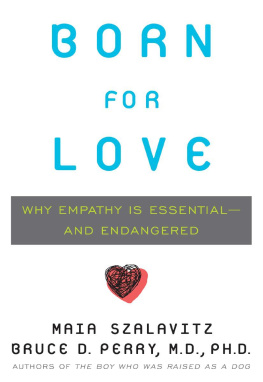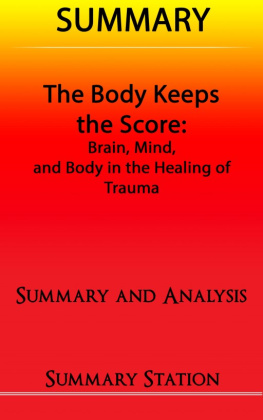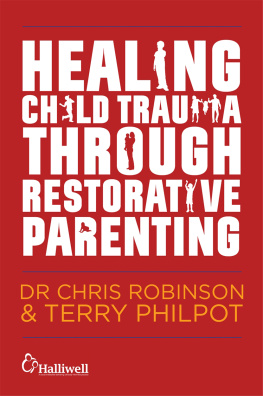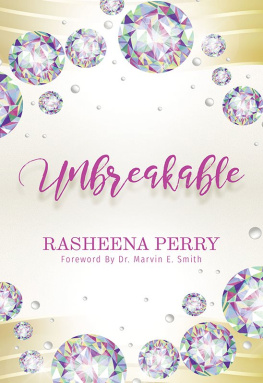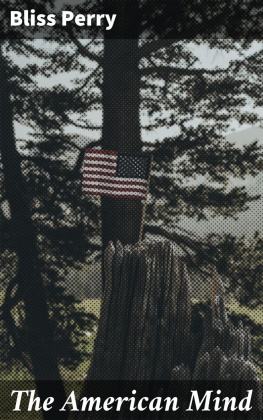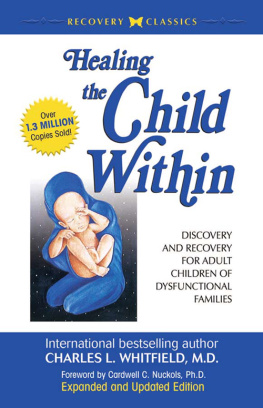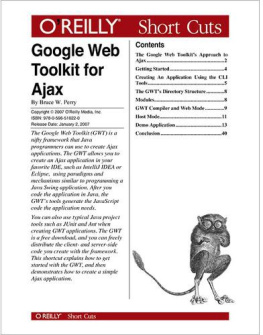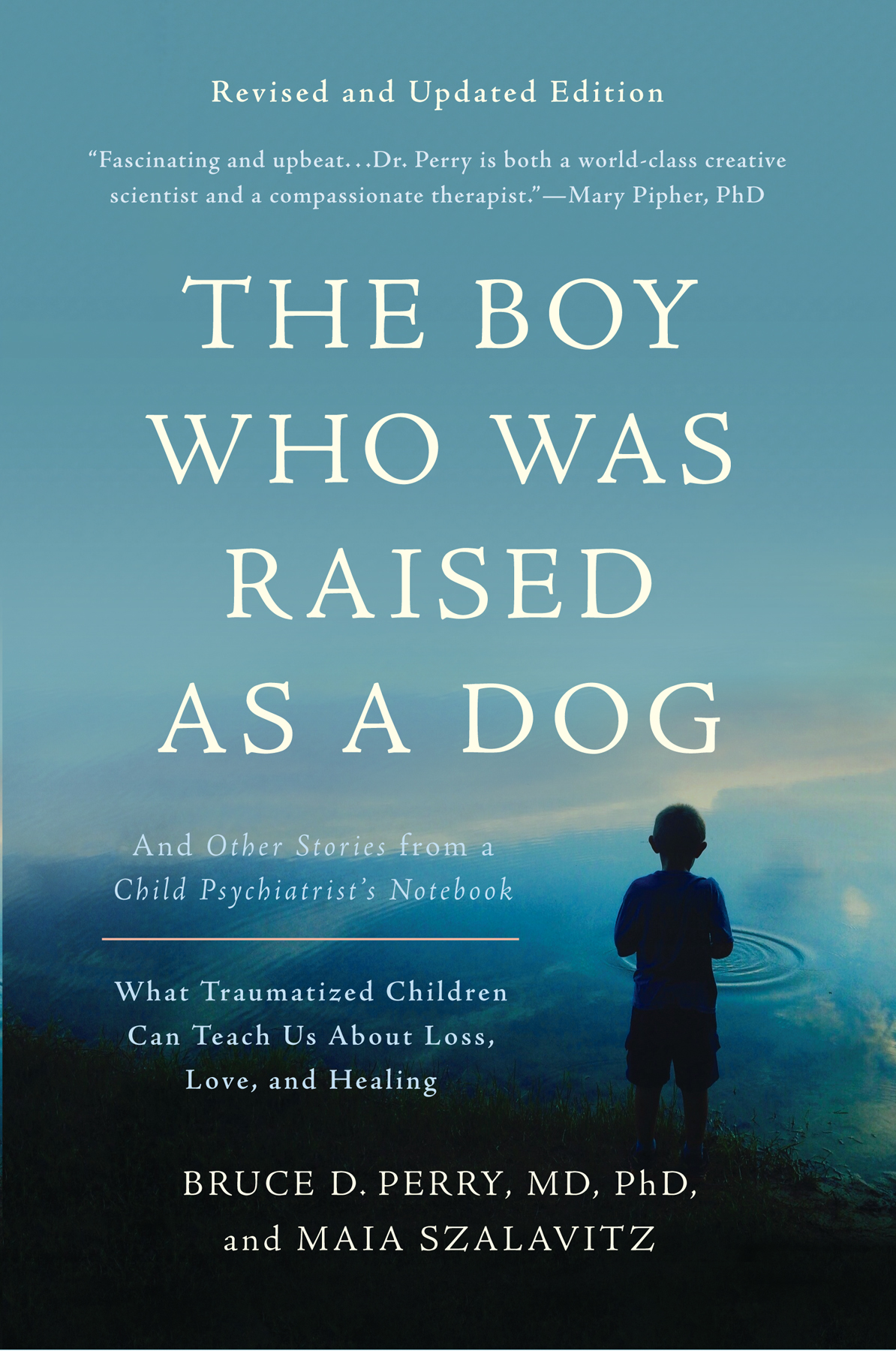Copyright 2006, 2017 by Bruce Perry and Maia Szalavitz
Hachette Book Group supports the right to free expression and the value of copyright.The purpose of copyright is to encourage writers and artists to produce the creative works that enrich our culture.
The scanning, uploading, and distribution of this book without permission is a theft of the authors intellectual property. If you would like permission to use material from the book (other than for review purposes), please contact permissions@hbgusa.com. Thank you for your support of the authors rights.
Basic Books
Hachette Book Group
1290 Avenue of the Americas, New York, NY 10104
www.basicbooks.com
@BasicBooks
Second Trade Paperback Edition: August 2017
Published by Basic Books, an imprint of Perseus Books, LLC, a subsidiary of Hachette Book Group, Inc.
The Hachette Speakers Bureau provides a wide range of authors for speaking events. To find out more, go to www.hachettespeakersbureau.com or call (866) 376-6591.
The publisher is not responsible for websites (or their content) that are not owned by the publisher.
Print book interior design by Tabitha Lahr.
The Library of Congress has catalogued the hardcover as follows
Perry, Bruce Duncan, 1955
The boy who was raised as a dog : and other stories from a child psychiatrists notebook : what traumatized children can teach us about loss, love, and healing / Bruce D. Perry, Maia Szalavitz
p. cm.
Includes bibliographical references and index.
ISBN-13: 978-0-465-05652-1 (alk. paper) ISBN-10: 0-465-05652-0 (alk. paper)
1. Child psychiatryPopular works. 2. Psychic trauma in childrenCase studies. I. Szalavitz, Maia. II. Title. [DNLM 1. Stress Disorders, Post-TraumatictherapyCase Reports. 2. Child PsychiatryCase Reports. WM 170 P462b 2006] RJ499.34.P47 2006 618.9289dc22
ISBN: 978-0-465-09445-5 (2017 paperback)
ISBN: 978-0465-09446-2 (2017 e-book)
E3-20170721-JV-NF
In beautifully written, fascinating accounts of experiences working with emotionally stunted and traumatized children, child psychiatrist Perry educates readers about how early-life stress and violence affects the developing brain. He offers simple yet vivid illustrations of the stress response and the brains mechanisms with facts and images that crystallize in the mind without being too detailed or confusing.
P UBLISHERS W EEKLY
Perry has learned a thing or two about how not to raise a prospective sociopath. Here he shares the stories of several children he has encountered in his decades as a child psychiatrist and expert on childhood trauma. He makes a powerful case for early intervention for disruptive children to prevent adult sociopathy.
B OOKLIST
Readable, informative about the workings of language, memory, trust, and choice, and ultimately optimisticwhile critical of a society that exudes violence and ignores preventionthis book demands and deserves attention from parents, educators, policymakers, courts, and therapists. Highly recommended.
L IBRARY J OURNAL, Starred Review
I have never encountered a child advocate with a better mind, a bigger heart, or a more generous spirit than Bruce Perry. This book captures the essence of his insights and the heroism of his actions on behalf of children who have encountered the dark side of human experience.
J AMES G ARBARINO, P H. D., author of Lost Boys: Why Our Sons Turn Violent and How We Can Save Them
The Boy Who Was Raised as a Dog is Bruce Perrys finest achievement It gives us the opportunity to unlock the deepest mystery of our species: why some children turn out to be heroes and others to be predatory sociopaths. Anyone who wants to understand childhood trauma and its heartbreaking consequences must read this book.
A NDREW V ACHSS, best-selling author of Mask Market and founder and national advisory board member of PROTECT: The National Association to Protect Children
Filled with compassionate, caring stories by a wise healer and scientist, this book will appeal to all who are interested in understanding how children heal.
L YNN P ONTON, M.D., author of The Romance of Risk
I have admired and respected Bruce Perry for over a decade. His commitment to helping young children raised in chaotic and abusive environments is nothing short of remarkable. This book is an important tool in helping us understand the critical impact of early experiences in childrens lives, and it shows us how to help those who have been damaged by neglect. Anyone who deals with vulnerable or troubled youthfrom social workers to judges, daycare workers to high school teachers, parents to politicianscan gain important perspectives from this book.
R OB R EINER
In this harrowing but profoundly humane book, Perry and Szalavitz provide an all too timely, utterly engrossing account of traumatized childrens lives Once I opened it, I could not put it down.
S ARAH B LAFFER H RDY , author of Mother Nature: Maternal Instincts and How They Shape the Human Species
For many years, Bruce Perrys work has been deserving of our highest praise. This book is his crowning achievement, the ultimate combination of science and humanity.
J OEL A. D VOSKIN, P H. D., ABPP, University of Arizona College of Medicine, and President, American Psychology-Law Society
Bruce D. Perry:
For my Clan
Barbara, Jay, Emily, Maddie, Benji, Elizabeth,
Katie, Martha, Grant, and Robbie
In memory of Arlis Dykema Perry (19551974)
Maia Szalavitz:
For my mother, Nora Staffanell
T HE STORIES IN THIS BOOK are all true, but in order to ensure anonymity and protect privacy, we have altered identifying details. The childrens names have been changed, as have the names of their adult family members if that information would identify the child. All other adult names are real names, except those identified with an asterisk. Despite these necessary changes, the essential elements of each case are reported as accurately as possible. Conversations, for example, are depicted as recalled and/or as recorded in notes, audio tapes, or video.
The sad reality is that these stories are but a tiny percentage of the many we could have told. Over the last ten years, our clinical group at The ChildTrauma Academy has treated more than a hundred children who have witnessed the murder of a parent. We have worked with hundreds of children who endured severe early neglect in institutions or at the hands of their parents or guardians. We hope that the strength and spirit of the children whose stories we tell in this book, and the many others who have suffered similar fates, come through on these pages.
O NE LATE AFTERNOON IN THE SPRING of 2001, I was sitting in the Minneapolis-St. Paul Airport listening to my voicemail. I had spent the whole day talking; first to community leaders at a breakfast meeting, then at an all-day training session for clinicians working with maltreated children, and finally, at a meeting with academic colleagues who were hosting my visit. After fourteen hours of talking, the last thing I wanted to do was be on the phonethere were dozens of messages waiting. I decided to return just one call and deal with the rest later.
Maia Szalavitz, a science writer and reporter, wanted to get my thoughts for a story she was writing. Maia and I had spoken before. I liked her; she was very curious, well prepared, asked great questions, and, to the degree possible in the popular press, was accurate with both the context and content of our conversations when she wrote her final story. Unlike most of the journalists I had run into, she always read the key scientific literature related to the stories she was writingand was willing to read more. She also had a deadline.


